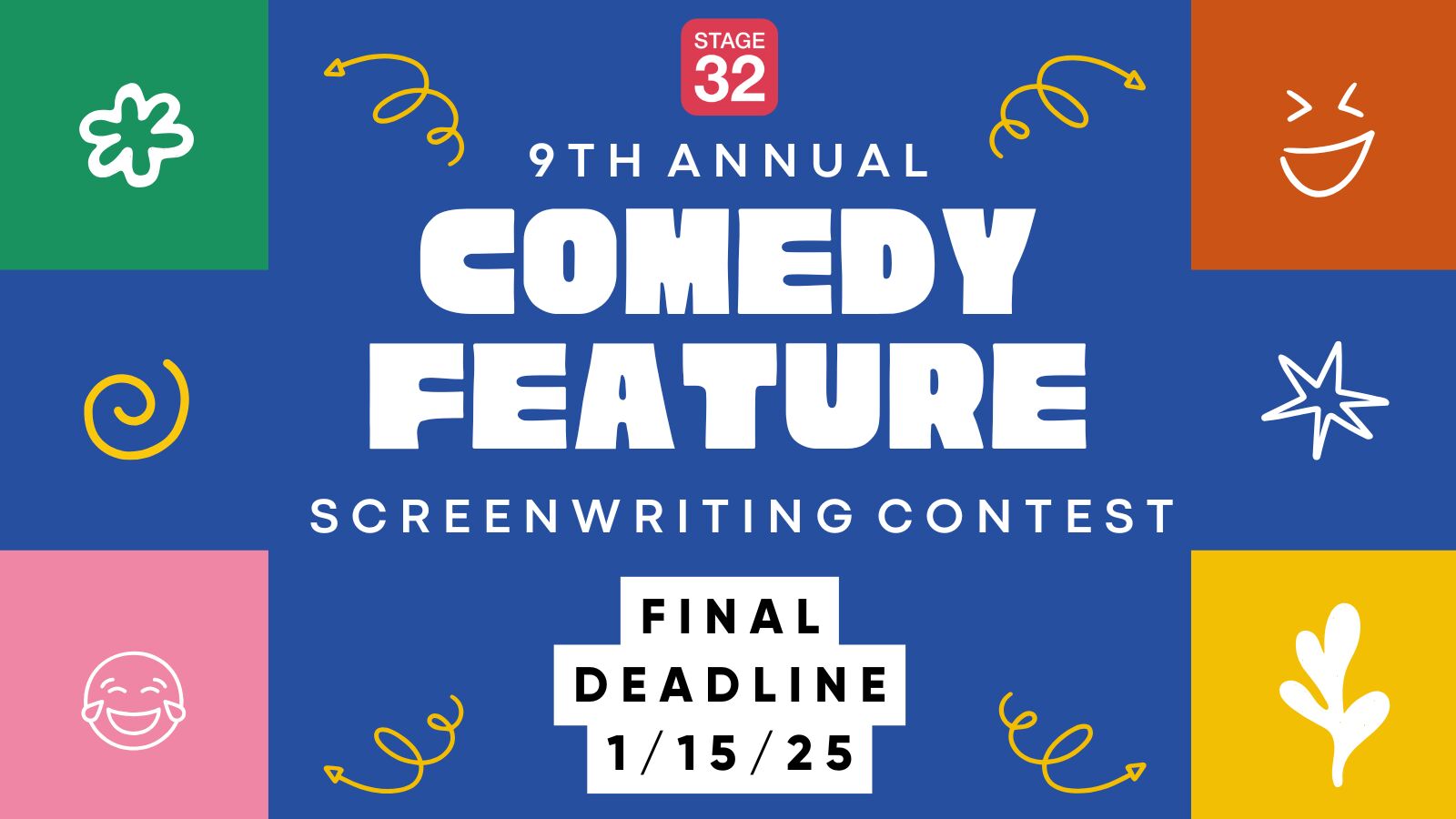Of late I have seen some films where the endings do not neatly wrap everything up and are quite ambiguous or frustrating. Even some older films have this style ending. I watch 'Capricorn One' and 'Seems like old times the other day', both of which dont really give that audience satisfaction in regards to closure.
Should a script give this closure? Is it the director or writer who puts these endings in films that are not conforming to 99% of films? Does the bad guy always have to die and the guy get the girl or the "quest" resolved?
And as a new writer, should my focus be on writing a solid screenplay with a more traditional ending or something that 'breaks rules' so to speak?
Just throwing it out there for discussion. Does it frustrate or annoy you if the ending is not complete? As westerners we like to have things wrapped and compartmentalised but many foreign films certainly dont end on a happy note. Is there a film ending that annoys you?



2 people like this
There is no right or wrong answer What do you want the audience to feel?
I have left things hanging in some stories, because I wanted the story to prompt thought and I hope discussion.
Other endings I have spelled out.
My current script, I hint at an ending. People can take it or leave it.
2 people like this
Hi Pete, that is a very interesting question, for me personally, it depends, sometimes it's kinda nice to be given the opportunity to imagine for myself what an ambiguous ending could mean for the characters, but it has to be something amazing for me to feel that. Otherwise, yes, I'm frustrated that there is no closure to the film. I can't actually think of any particular film right now, I'm speaking generally, but I often wonder with ambiguous endings if there is going to be a sequel, which will disclose what happened to the characters. If there isn't then, Nope, I don't like ambiguous endings.
I think it's because watching a film is an escape for the watcher and if there is no real ending, the feel for the film can be ruined, bit like a shaggy dog story that doesn't make sense at all.
I'm writing a screenplay myself and it is going to have complete closure, it's a family epic that spans four generations, so it has to really otherwise, I don't think it would be picked up if the ending was ambiguous.
I think it's subjective and as you're writing and you get a 'feel' for the story you're telling, you can decide how you want to end it yourself as the writer, but personally, I think that it's better to satisfy the audience with closure, than leave it open.
1 person likes this
I believe an ambiguous ending is always a continuation into an awesome sequel.
5 people like this
Should endings give closure or be ambiguous? Yes. Definitely one of those. ;-)
1 person likes this
Depends what the writer is trying to say.
1 person likes this
It can work either way but I think the one thing you want to avoid is giving an open ended ending which makes it too obvious that there's going to be a sequel. You should leave the audience wanting more and wondering what might happen next, but I find it annoying when it's an ending so blatantly obvious that they want you to come back for the sequel that has not yet been announced.
2 people like this
I went to a pitchfest and I pitched "The Chameleon", an open-ended Thriller, where it ended with the protagonist and antagonist holding guns on each other after a knock-down drag-out fight. I felt it was a risky move but it got multiple script requests.
2 people like this
Depends on what works best. ;)
1 person likes this
A bad ending is a bad ending, cliffhanger or otherwise. As long as the protagonist reaches an end that is true to themselves and their struggle, it shouldn’t matter whether or not there’s closure.
1 person likes this
I would say go out on the limb and try both ways. Or at the end of the day just follow your heart. If your heart is telling you to bring closure then do it, if not then don't do it. Remember it's your story, this is what makes you unique.
2 people like this
Chris Nolan's movie endings are always annoying :)
3 people like this
I'm not a fan of ambiguous endings. However, the critical element in interesting buyers/producers is great writing. Therefore, there is definitely room for ambiguity.
2 people like this
I remember the first time I watched Chinatown. I wanted to be furious because the ending was such a letdown, but it felt so right for the story I just couldn't help but appreciate it.
3 people like this
I generally like ambiguous ending but as CJ points out - it's all about the character. The final scene in Castaway is one of my favorites. I like endings with questions but I don't really like flat cliffhanger endings.
2 people like this
That's a good point, Doug. There's a huge difference between an ending that's merely a cliffhanger and an ending that poses questions left unanswered.
1 person likes this
some great comments and views from everyone. Really good discussion points raised. often we focus and talk about starting a script and the rules around this so it is great to hear peoples views on ending one.
2 people like this
Personally, I think it depends. For instance Inception's ending was perfect for me. It left your mind trying to piece together what the ending meant. I remember many debates on that ending with friends when the film came out. While for other movies that went the ambiguous ending route left me pretty pissed because it just didn't have any effect at all and was simply...bleh lol
So if it works for a script, then sure why not give an ambiguous ending. Whatever serves the story best.
3 people like this
I think those ambiguous endings can be frustrating because as an audience we want closure. As humans, we want structure and what's familiar, which is a story with a beginning, middle, and end. As a new writer, the advice is just to break into the business and do something that conforms to the norms. Then, once you've made it, write whatever the f*** you want. Good luck!
4 people like this
As an audience member, I love some ambiguity and/or open endings. I want to be challenged, intrigued, invited to think for myself, to be engaged, to be met halfway. I don’t like things too buttoned up, too contrived. But that’s me. Lol! Anyway, there are some fantastic films out right now. If you can, go see Parasite. It restored my faith in film. I saw it a few days ago and I’m still thinking about it. ;)
3 people like this
I believe the ending is our closing statement for our story's premise or theme. In my latest feature script, an action thriller/love story, MAD MOUNTAIN MASSACRE, my antagonist kills every mofo in the movie to get the girl - and gets away with it. What I'm saying with this story is people get away with murder everyday and don't get caught. Cheating and not getting caught is the American way. If I believed differently, I would have written another ending. Not guilty until caught is the verdict for my love story., Hope this helps. Happy Holidays!
3 people like this
While we're talking about endings, did anyone else feel like the JOKER ending was off. I absolutely felt like they should have cut the movie with JOKER on top of the car in the riot. He went from a nobody to the peoples hero - that was the ending. The hospital scene afterward was totally a stutter scene. He kills again. Shocker. AND it's not even good. No fresh news. I didn't get it. did you?
3 people like this
Shawn Speake I think the Joker end was needed. He was begging for help earlier and was being ignored.
When the problem became big. It was too late. He didn’t want their help. He was punishing them for not helping him when he needed. The murder of the doctor is a “too little, too late” metaphor.